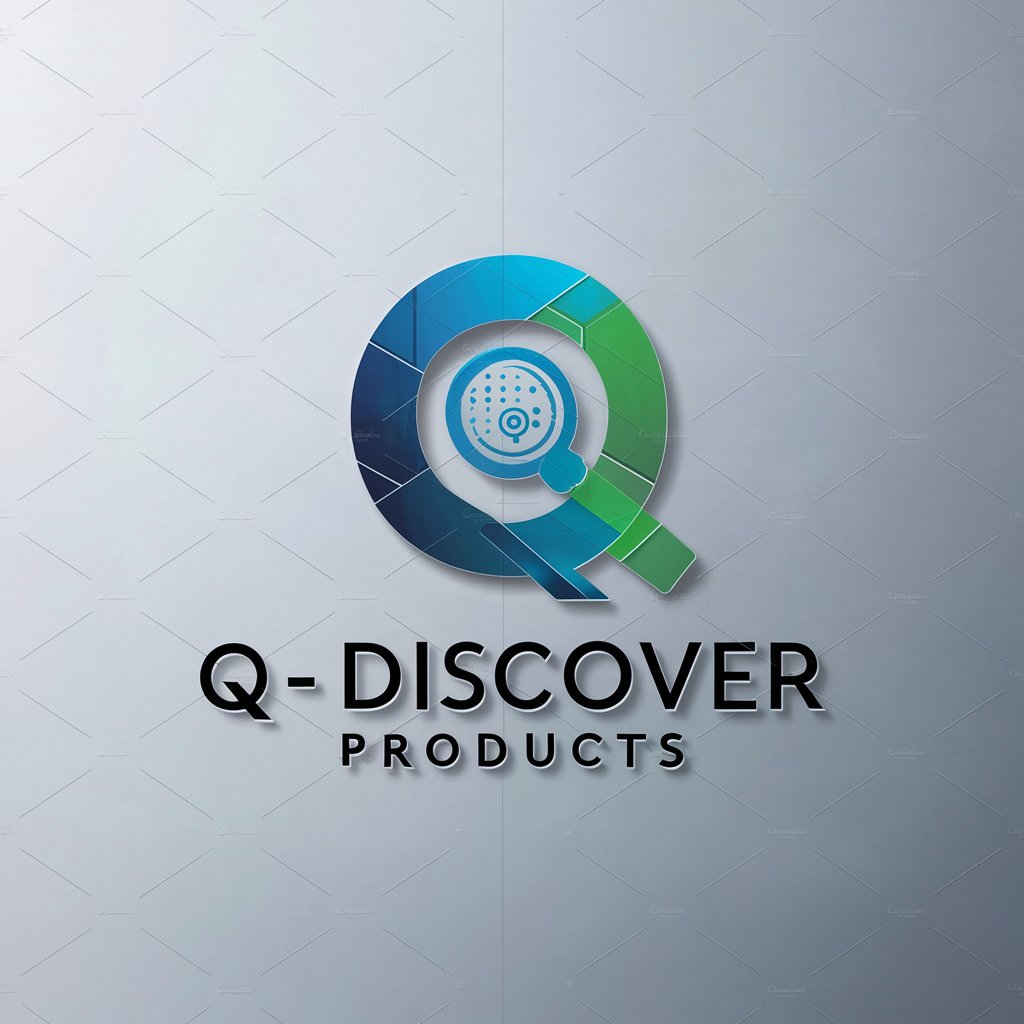3 GPTs for Product Matching Powered by AI for Free of 2026
AI GPTs for Product Matching are sophisticated tools based on Generative Pre-trained Transformers that offer tailored solutions for comparing and matching products across various platforms. These AI-driven tools utilize advanced algorithms to understand, analyze, and find products that meet specific criteria, making them invaluable in e-commerce, inventory management, and online marketplaces. By leveraging natural language processing and machine learning, they can interpret complex product descriptions, compare features, and identify matches with high accuracy, streamlining the process of product discovery and comparison for businesses and consumers alike.
Top 3 GPTs for Product Matching are: Correspondance produit,Q - Discover Products,QuizMaster LeadGen AI
Key Attributes and Functions
AI GPTs for Product Matching boast adaptability, ranging from simple feature comparison to deep analysis of product specifications. These tools excel in understanding natural language queries, offering technical support, and performing detailed data analysis. Special features include image recognition for visual matching, the ability to learn from user interactions for improved accuracy over time, and integration capabilities with various databases and online platforms. Their versatility allows for custom solutions tailored to specific product matching needs, making them a powerful asset in digital commerce.
Who Benefits from AI Product Matching?
The primary beneficiaries of AI GPTs for Product Matching include e-commerce platforms, retail businesses, online marketplaces, and consumers looking for an efficient way to compare products. These tools are designed to be accessible to individuals without programming skills, offering intuitive interfaces and user-friendly interactions. Additionally, developers and IT professionals can leverage these GPTs for more complex customizations and integrations, making them suitable for a wide range of applications in the digital commerce sector.
Try Our other AI GPTs tools for Free
Recipe Execution
Discover how AI GPTs for Recipe Execution transform culinary arts with tailored recipes, dietary adaptations, and interactive cooking guidance, making culinary creativity accessible to all.
Heat Management
Discover how AI GPTs for Heat Management revolutionize temperature control and energy efficiency with predictive analytics and real-time solutions.
STEM Engagement
Explore the frontier of STEM learning with AI GPTs. Tailored solutions for educators, students, and professionals to engage, innovate, and excel in STEM fields.
Science Narratives
Discover how AI GPTs for Science Narratives are transforming the dissemination of scientific knowledge, making complex information accessible and engaging for all audiences.
Destination Weather
Discover how AI GPTs for Destination Weather provide precise, real-time forecasts to inform your planning and decision-making processes.
Transport Advice
Discover how AI GPTs for Transport Advice revolutionize travel planning, traffic management, and logistics with real-time insights and tailored solutions.
Expanding the Scope of AI in Commerce
AI GPTs for Product Matching represent a significant advancement in digital commerce, offering businesses and consumers alike a more efficient, accurate way to discover and compare products. Their ability to learn and adapt over time, combined with user-friendly interfaces, makes them an increasingly integral part of e-commerce ecosystems, capable of integrating with existing workflows and systems to provide customized, intelligent solutions across various sectors.
Frequently Asked Questions
What exactly does AI GPT for Product Matching do?
AI GPTs for Product Matching analyze and compare products based on descriptions, features, and specifications to find matches or similar items across different platforms.
How do these tools understand complex product details?
These tools use natural language processing (NLP) and machine learning algorithms to interpret and analyze product information, learning from data to improve accuracy over time.
Can non-technical users utilize AI GPTs for Product Matching?
Yes, these tools are designed with user-friendly interfaces that require no coding knowledge, making them accessible to non-technical users.
Are there customization options for developers?
Absolutely. Developers can access APIs and SDKs to customize and integrate the GPTs with existing systems or to develop new, tailored applications.
Can these tools compare images of products?
Yes, many AI GPTs for Product Matching incorporate image recognition technologies to compare and match products based on visual characteristics.
How do these AI tools integrate with existing e-commerce platforms?
These tools can be integrated through APIs, allowing seamless communication and data exchange with existing e-commerce platforms and databases.
What makes AI GPTs for Product Matching different from traditional comparison tools?
AI GPTs leverage advanced AI algorithms to understand context and nuances in product descriptions, offering more accurate and relevant matches than traditional keyword-based comparison tools.
Is there a learning curve for these AI tools to improve accuracy?
Yes, these tools learn from interactions and data over time, continuously improving their accuracy and effectiveness in product matching.


